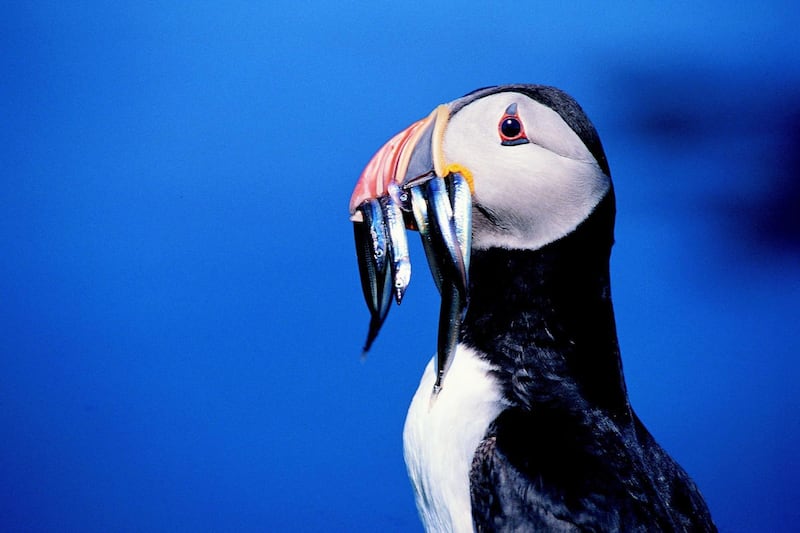THERE is currently a massive debate going on – and a great deal of anger among the angling community, especially in England and Wales – over recent decisions concerning commercial and recreational sea angling for bass.
Up until approximately 30 years ago sea bass were almost exclusively fished for by recreational sea anglers, who harvested a few fish for their personal consumption.
Sea bass are a slow-growing species and this relatively light exploitation of stocks ensured there was a healthy bass population.
For whatever reason, commercial fishing for sea bass then started in earnest and ever since the stocks have decreased to a state where bass are now on the brink of survival.
The reaction of the UK government has been to introduce legislation that allows commercial fishing to continue while making catch and release mandatory for recreational sea anglers.
One of the main arguments from the commercial sector is about jobs when the facts show that recreational sea angling creates and supports much more sustainable employment.
Anyway, anglers are marching to the Department for Environment, Food and Rural Affairs headquarters in London on April 9 to air their very understandable grievances.
Meanwhile, on the west coast of Scotland the once very productive wild salmon and sea trout angling rivers and loughs are now also virtually all on a catch and release ticket.
Many will argue, and will be supported by a weight of scientific evidence, that the decline in these wild fisheries is caused by sea lice from salmon farms killing salmon and sea trout smolts.
There is also a theory that many of our east and north coast rivers’ salmon smolts use the same migration routes as their Scottish relations thus running the deadly salmon farm gauntlet.
Again, the same argument applies that sustainable angling for wild Atlantic salmon and sea trout in some of the best scenery in these islands will create far more sustainable wealth than foreign-owned salmon farms.
A narrow view might be to ask what all this has to do with Ireland but in truth we have only just dodged the salmon farming scenario on the west coast for the moment, with plans a massive salmon farm off Galway Bay being shelved before Christmas.
However, perhaps a more worrying proposition is that the bass law could be the thin end of the wedge. This time it is about bass but maybe next time it could be cod, pollack or mackerel.
The United Nations has decreed that wild fish stocks are the property of the commons which would lead to the idea that no one sector should affect these stocks to the detriment of the others sectors.
It might be a fine statement and ideal but as yet it does not seem to be working very well in practice. It seems that the question of who either owns or controls our fish stocks has some way to run.








